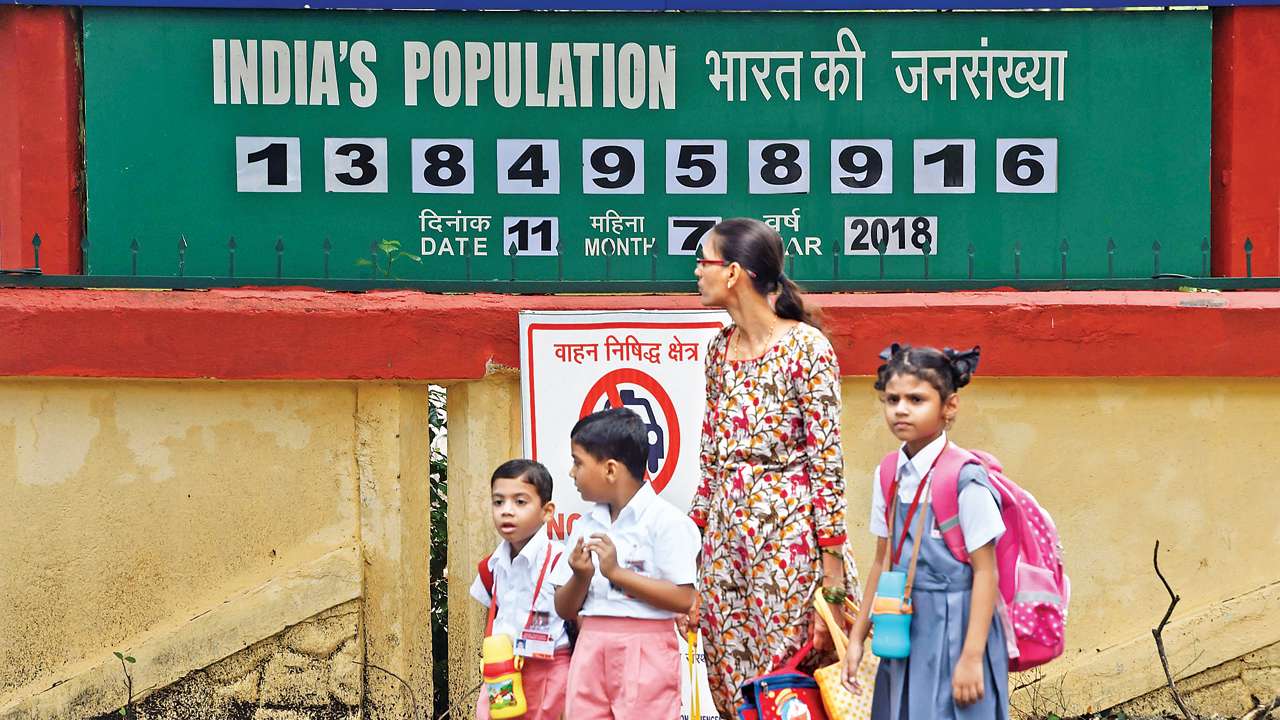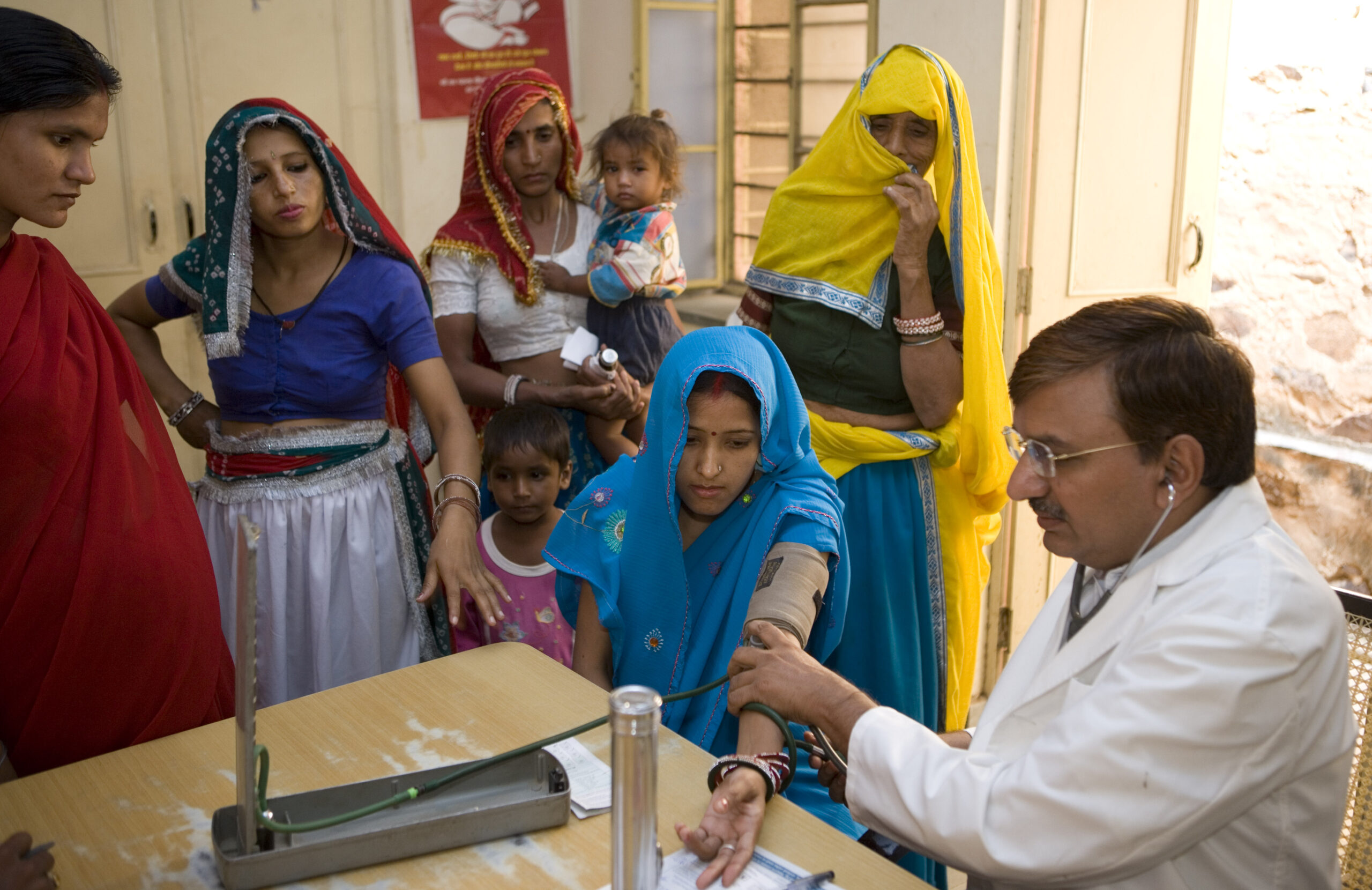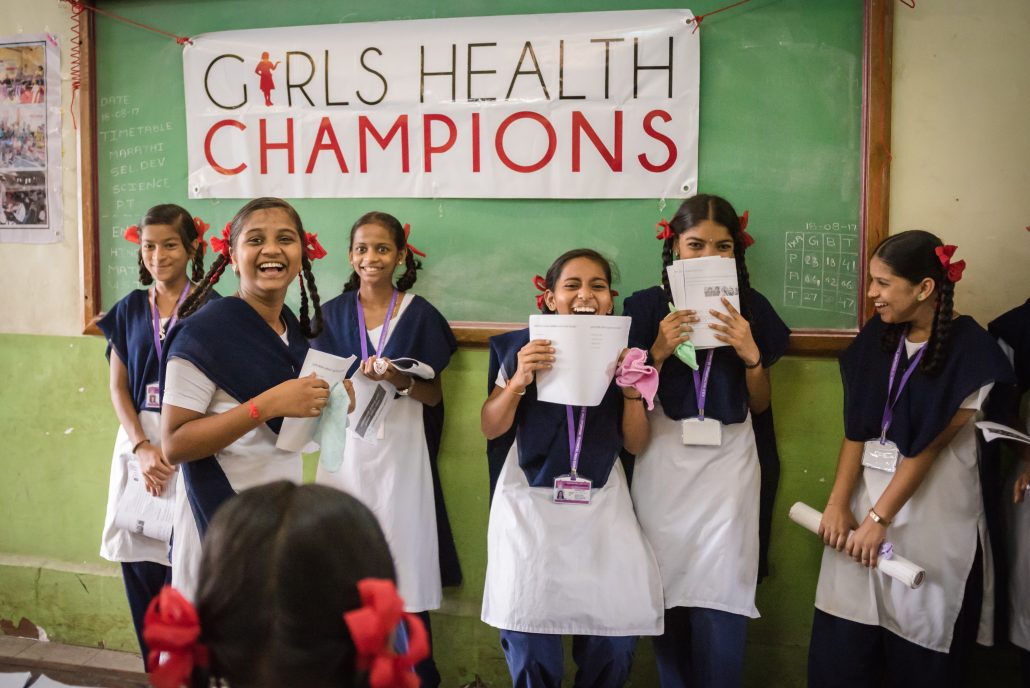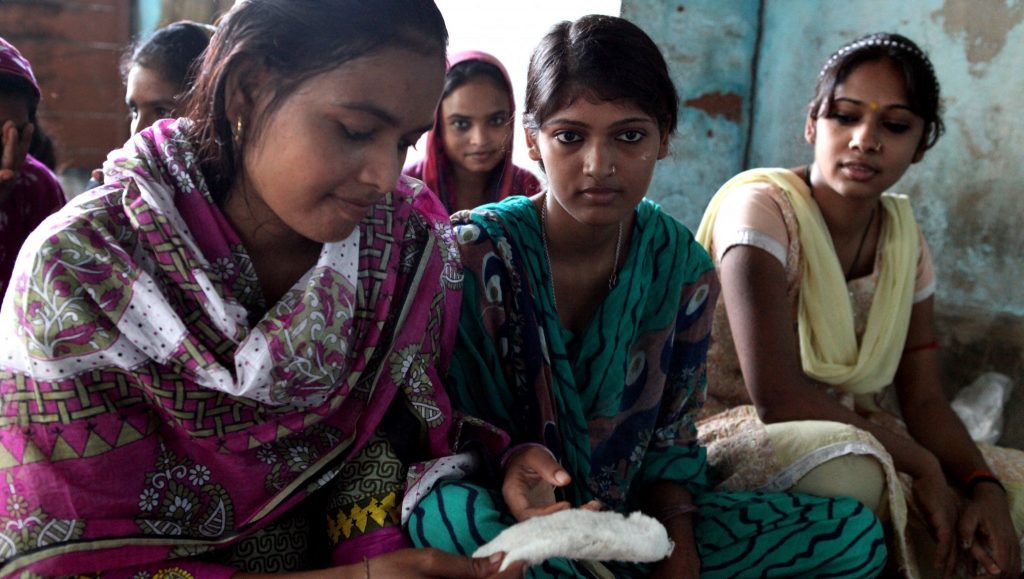Tag: SDG 3
-

National Family Health Survey (2019-2020): Assessing India’s Stance on Sexual Health & Family Planning
The National Family Health Survey (NFHS) is a large, multi-round survey conducted in a representative sample of households throughout India. The survey provides State-wise information for India on fertility, maternal and child mortality and nutrition to name a few domains, to collect essential data on the health status of the population. Till date, 5 such…
-

National Health Policy, 2017: A Favorable Development with Room for Change
The Constitution of India makes every State responsible for “raising the level of nutrition and the standard of living of its people and the improvement of public health as among its primary duties”. But the healthcare system in India exhibits numerous challenges in its access, affordability, quality and coverage in urban and rural areas. To…
-

Right to Menstrual Health in India: From an Outdated Period Drama to Actionable Rights & Policies
The lack of constructive community dialogue in place proves to be the paramount reason behind the barrier in ensuring menstrual health. Giving menstrual health the precedence of a medical concern may prove to be a more tactical approach to the problem. However, in order to do so there is a pressing need for a safe…
-

Managing Menstrual Health in India
The lack of understanding and knowledge of Menstrual Hygiene Management (MHM) in India perpetuates myths and has propagated a culture of ignorance on the subject of menstrual health and well being. This Policy Report presents an elaborate overview on the same, so that Right to Menstrual Health can be acknowledged as a legitimate public policy…
-

Sexual and Reproductive Well Being in India
India’s Sexual & Reproductive Health, Well Being and Rights are yet to be addressed in a manner that fulfills the country’s international obligations. Our Policy Brief studies these policy gaps and outlines the necessary course of action for bettering the sexual and reproductive health landscape in India. Click here to read the Policy Brief
